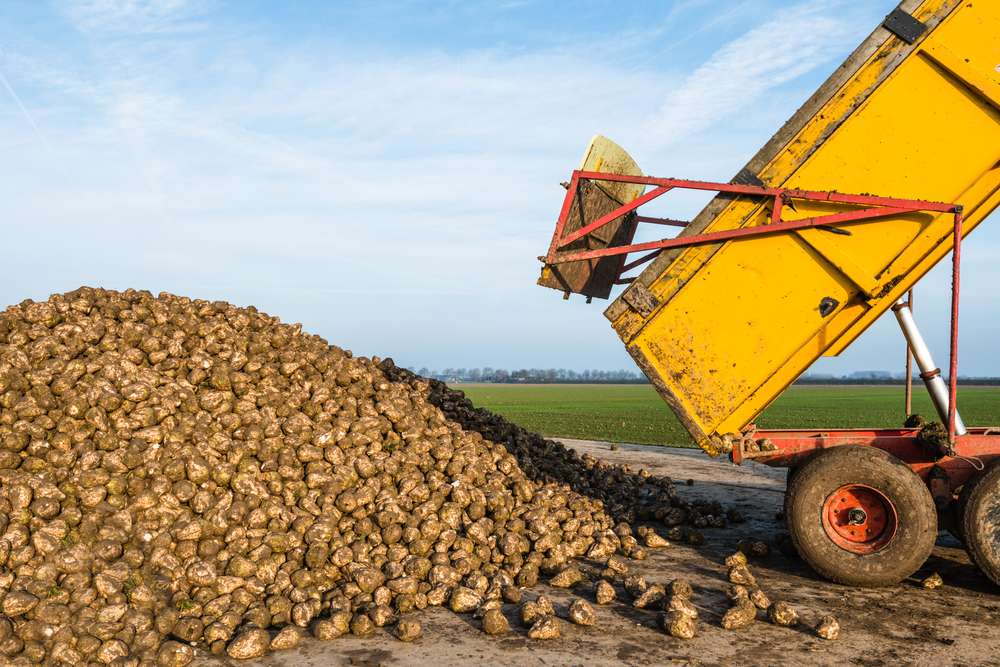Many chemicals can be made either from fossil feedstock or bio-based raw materials, such as vegetable oils or sugars, but it is difficult to verify how much of each has been used. The new tool aims to solve this problem by verifying exactly how much of a product is made from bio-based raw materials. This will make it easier for producers and consumers to choose more sustainable products and move towards a more circular economy.
Track materials
“Chemicals are the building blocks of essential products in our everyday lives,” explained Peter Nieuwenhuizen, RD&I Director of Specialty Chemicals at AkzoNobel. “Yet despite the growing attention for sustainability, we still cannot easily track bio-based raw materials. This innovative approach will enable us to further pursue our goal of making the chemical industry more sustainable.”
Bio-based raw materials are certified at the start of the supply chain. Companies can then transfer these via an online platform, which automatically keeps track of the bio-based content of any products made from them. This approach negates the need for separate, external certification further down the supply chain, giving producers quick insight into the bio-based content of their products.
Epicerol® will be the first chemical to be tracked throughout the supply chain. The bio-based epichlorohydrin (ECH) is produced by ABT and is already used in AkzoNobel’s sustainable epoxy coatings.
Future
Following the pilot phase, the partners are looking to expand the tool to other chemicals, such as dimethylether, which is used as a propellant in deodorant cans. The system provides sufficient flexibility so that it can be used by the industry across a wide range of products. The partners believe this platform provides a robust and reliable answer to certification and assurance for bio-based content, as it enables transparency and reliability across the value chain by means of a robust audit trail.



